How Regular Septic Services Can Save You Thousands in Repairs
Septic systems, though often out of sight and mind, are crucial components of many homes across the United States. This article will explore the intricacies of septic maintenance, how regular servicing can prevent costly repairs, and the overall benefits of a well-kept system. Professional septic services play an essential role in maintaining system efficiency and preventing long-term problems.
Understanding Your Septic System
Identifying Septic System Components
A typical septic system consists of several essential components that work together to treat and manage household wastewater efficiently. The primary parts include the septic tank, distribution box, and drain field. The septic tank, made of durable materials such as concrete, fiberglass, or polyethylene, acts as a holding container where solids settle to the bottom and naturally decompose through bacterial activity. From there, the partially treated liquid flows into the distribution box, which evenly directs it to the drain field—a series of perforated pipes buried in the soil that allow the water to gradually filter back into the ground.
Understanding how each component functions is crucial for identifying potential problems early. Regular septic services not only ensure that each part operates smoothly but also help prevent costly repairs and environmental hazards. According to the Environmental Protection Agency, over 22 million households in the United States rely on septic systems, highlighting the importance of proper maintenance for public health and home efficiency.
Managing Septic System Functionality
The primary function of a septic system is to treat wastewater. It separates solids from liquids in the septic tank, breaking down organic matter through natural processes. Once treated, the effluent flows to the drain field, where beneficial bacteria further decompose any remaining organic matter, while the soil acts as a natural filter. Routine septic services maintain this balance and prevent system overload.
Preventing Common System Problems
Despite their benefits, septic systems can encounter several issues over time. Solid waste accumulation in the tank can clog pipes, leading to system backups. Leaks or cracks can result from aging or infrequent maintenance, causing untreated wastewater to escape into the environment. Additionally, the drain field can become overwhelmed with excessive water use or poor design, causing it to flood or fail. Each of these problems can lead to costly repairs or worse, system replacement. Regular septic services help mitigate these risks before they escalate.
Recognizing Signs of System Failure
There are several signs homeowners should watch for to determine if their septic system requires servicing. Slow drains, foul odors in the home or yard, and lush patches of grass near the drain field often indicate an issue. Backups in toilets or sinks can also signal that the tank is full or the system is malfunctioning. Regular inspections and septic services can identify these issues early, preventing further damage. Being proactive and recognizing these signs early can help avoid expensive repairs down the line.
Enhancing Environmental Impact Through Septic Care
Preventing Groundwater Contamination
Proper septic maintenance plays a crucial role in preventing groundwater contamination. A malfunctioning septic system can leak pathogens and chemicals into underground water supplies, posing health risks for humans and wildlife. Regular septic services prevent such issues by ensuring that the system functions efficiently, filtering waste before it can reach critical resources. Considering the reliance of many communities on well water, safeguarding these supplies through maintenance is imperative. Regular maintenance protects both personal and public water quality.
Protecting Local Ecosystems
Healthy septic systems indirectly contribute to the protection of local ecosystems. When systems fail, untreated wastewater can enter streams and lakes, causing nutrient overload and disrupting aquatic habitats. This can lead to algal blooms that deplete oxygen levels, harming fish and other wildlife. By maintaining septic systems, homeowners help preserve the delicate balance of local ecosystems. This stewardship ensures natural areas remain vibrant and sustainable for future generations.
Reducing Carbon Footprint
Proper septic care can also aid in reducing a home's carbon footprint. Efficient septic systems minimize the energy required for pumping and treating wastewater. Furthermore, by adequately maintaining the drain field, the natural filtration process continues to operate effectively, reducing reliance on external waste processing facilities. Every step taken to maintain a septic system contributes to a smaller environmental impact. Homeowners investing in maintenance are thus also investing in sustainability.
Complying With Environmental Regulations
Environmental damage from poorly maintained septic systems can have legal consequences. Local regulations often impose fines on homeowners whose negligent systems contaminate water sources. In some cases, violations can lead to mandatory, costly repairs or system replacements imposed by regulatory agencies. Legal repercussions can extend beyond fines, potentially resulting in lawsuits from affected neighbors. Staying compliant through regular maintenance minimizes these risks.
Contributing to a Sustainable Future
Ongoing septic maintenance contributes to broader environmental sustainability efforts. By preventing pollution and conserving resources, homeowners join collective efforts to protect natural resources. This responsible approach aligns with growing societal emphasis on sustainability and environmental stewardship. Engaged property owners who prioritize maintenance can influence community practices and policies. The cumulative effect of individual efforts can have a significant positive impact on the environment.
Implementing Best Practices for Septic Maintenance
Conducting Routine Inspections
Routine inspections are pivotal for maintaining a septic system's health. Experts recommend annual or biannual checks to assess the tank level, condition of the drain field, and overall system functionality. Inspections can detect early signs of system deterioration or potential issues, allowing for timely intervention. Engaging a licensed professional ensures thorough inspections and adherence to local regulations. Consistent assessments are the cornerstone of preventive maintenance.
Following Pumping Frequency Guidelines
Pumping frequency is a critical component of septic maintenance. The general guideline is to pump the septic tank every three to five years, though factors such as household size and water usage can alter this schedule. Regular pumping prevents solid buildup that can cause clogs and overflows, maintaining optimal system function. Discussing specific needs with a septic services professional can tailor a pumping schedule to individual circumstances. Consistent pumping is essential to keep the system running efficiently.
Maintaining Proper Waste Disposal
Educating households on appropriate waste disposal is key to septic care. Items such as fats, oils, greases, and non-biodegradable materials should never enter the septic system, as they can cause clogs and hinder bacterial decomposition. Encouraging the use of environmentally-friendly products and responsible waste management supports the system's natural processes.
Reducing Water Usage
Reducing water usage benefits septic systems by decreasing the volume of wastewater that needs treatment. By installing water-efficient appliances and fixtures, households can lower daily consumption. Limiting activities that contribute to excess water flow, such as frequent laundry or long showers, can alleviate stress on the system. Conserving water not only protects the septic system but also aligns with sustainable living practices. Thoughtful water management is a straightforward step to reduce environmental impact.
Choosing and Engaging the Right Septic Service Provider
Researching Providers and Reading Reviews
Choosing a septic service provider starts with thorough research. Reading reviews and seeking recommendations from trusted sources can provide insights into a company's reputation and reliability. Understanding a provider's experience in the field and their approach to service delivery is essential. Comparing multiple providers helps ensure the chosen company meets specific needs and expectations. Engaging a reputable provider of septic services is vital to effective maintenance and repair outcomes.
Understanding Service Agreements and Pricing
Understanding service agreements and pricing is important when engaging a septic service provider. Detailed contracts outlining services, frequency, and costs protect both the homeowner and the provider. Transparent pricing structures prevent unexpected charges and promote client trust. Discussing and agreeing upon terms before commencing service ensures clarity and mutual understanding. Comprehensive agreements are integral to a successful partnership.
Regular septic system maintenance is a vital aspect of homeownership that directly correlates with financial savings and environmental stewardship. By adhering to maintenance schedules and best practices, homeowners can prevent costly repairs while extending their system's lifespan. Contact Berryhill Sewer Service Inc today to schedule professional septic services and ensure your system remains efficient, reliable, and environmentally safe.
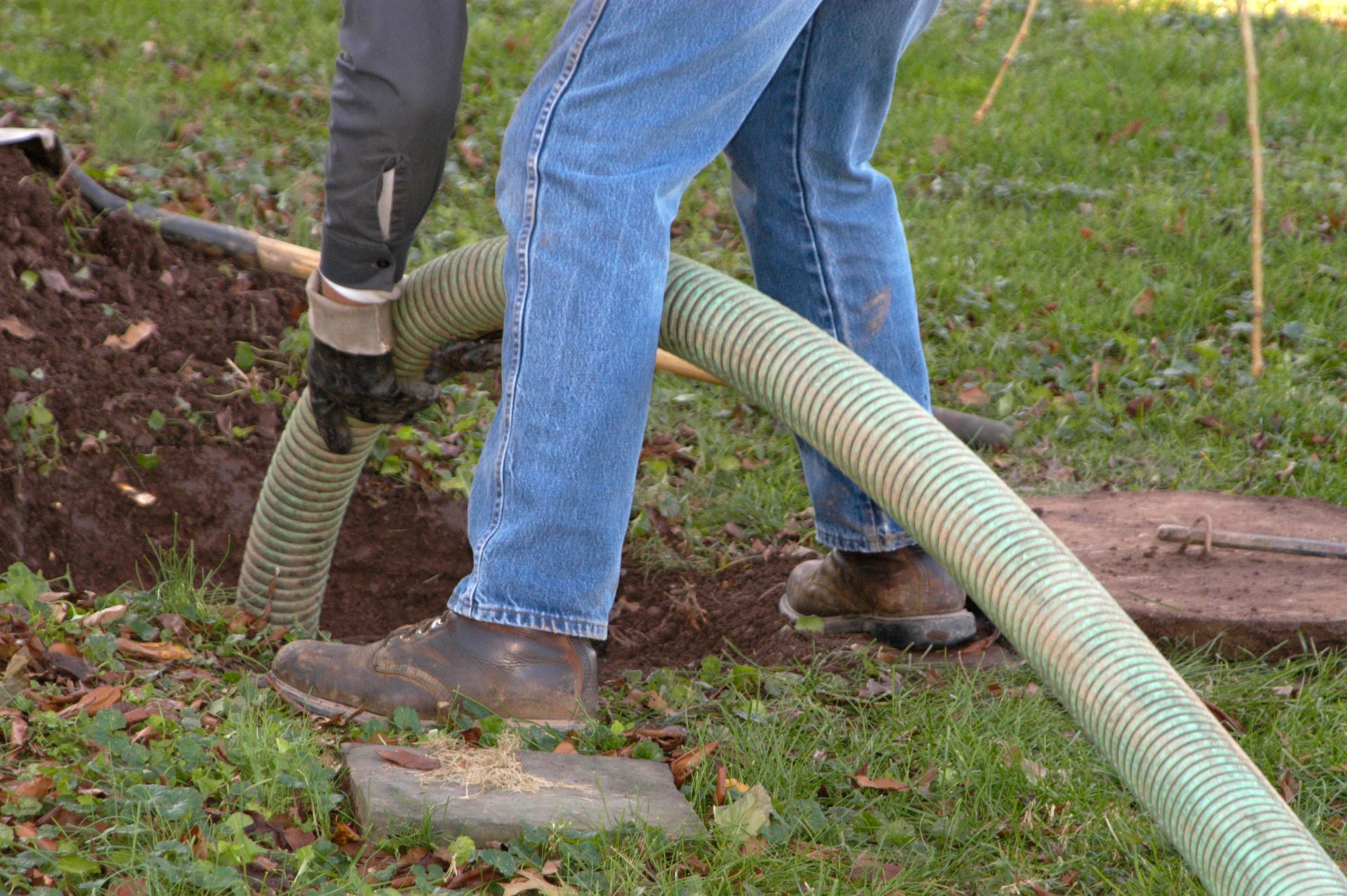
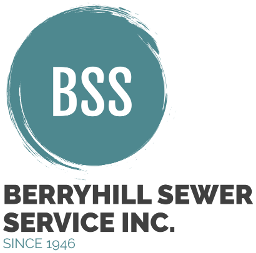

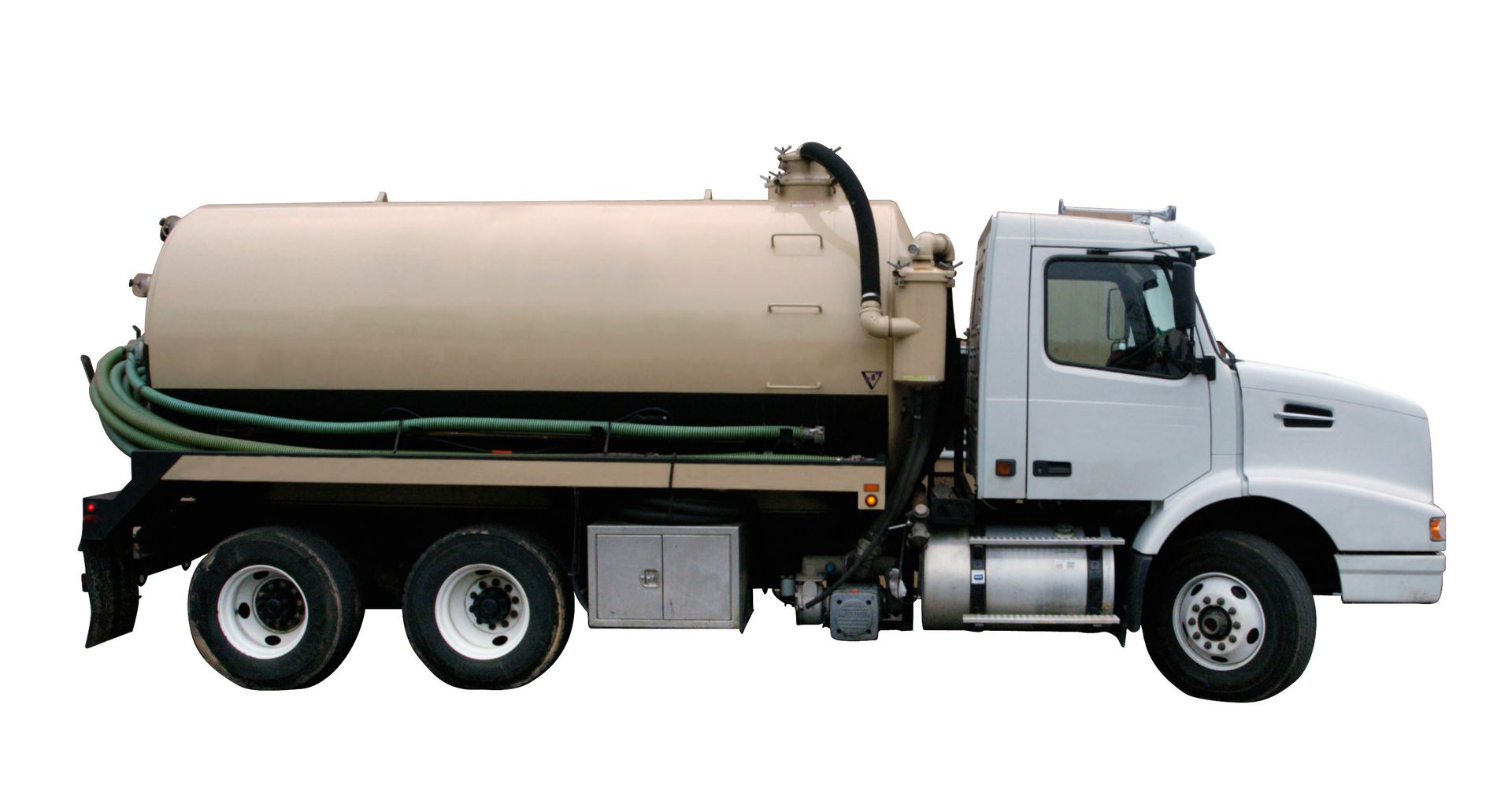
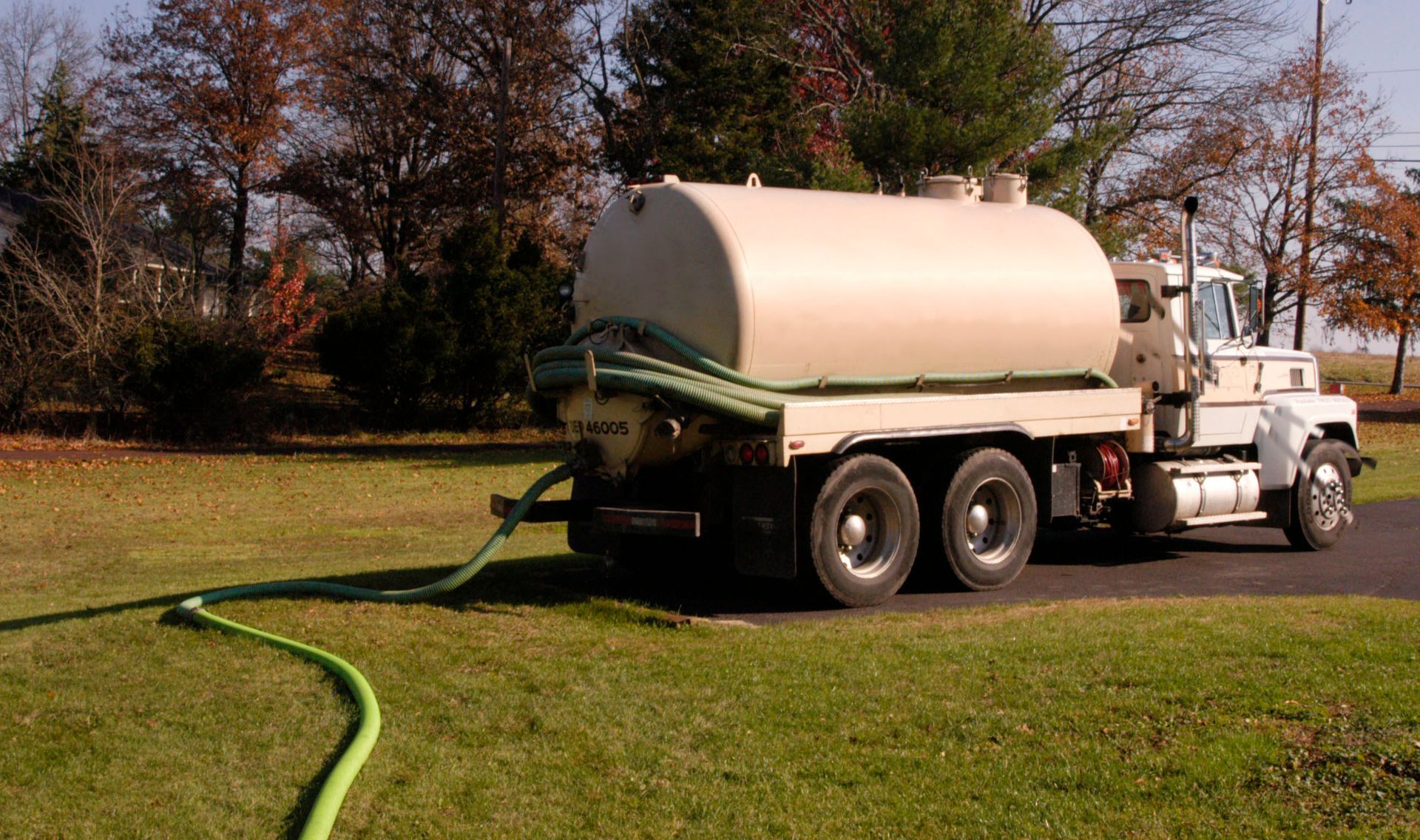
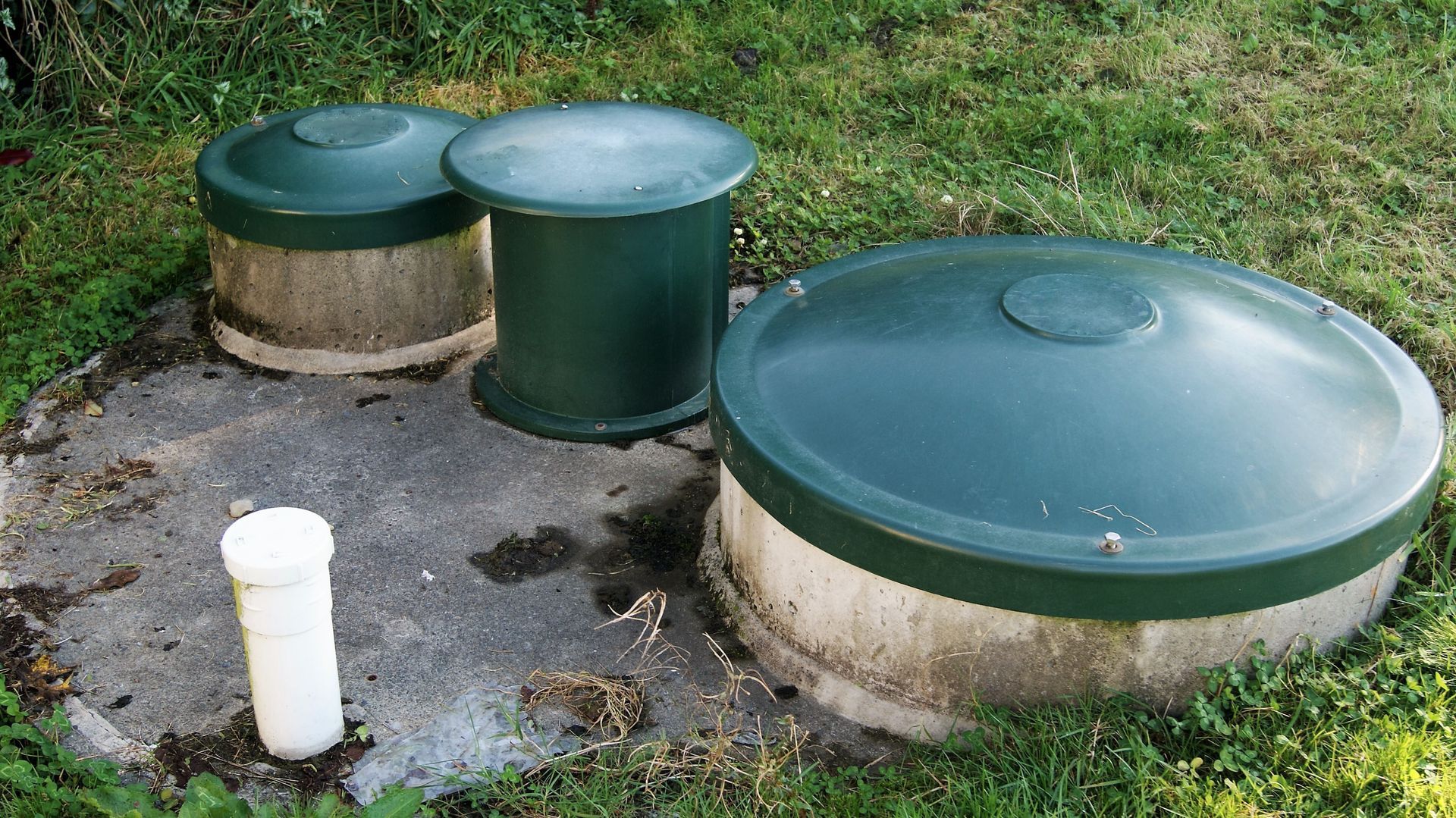

Share On: